-
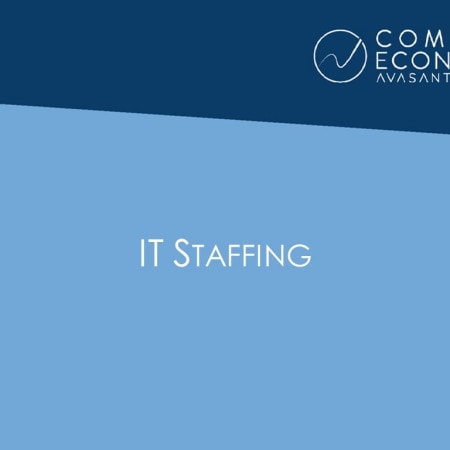
Most Job Seekers Are Not Comfortable Negotiating Employment Terms
Negotiating terms is one of the most important tasks in the hiring process, and yet it seems to be one that many job seekers dread. In a joint poll by the Society for Human Resource Management (SHRM) and CareerJournal.com, 67% of HR professionals said they are very comfortable with the negotiation process, while only 32% of job seekers said the same. The majority of both HR professionals and job seekers agree that negotiating total compensation is very important to the organization and the job candidate.
April, 2002
-
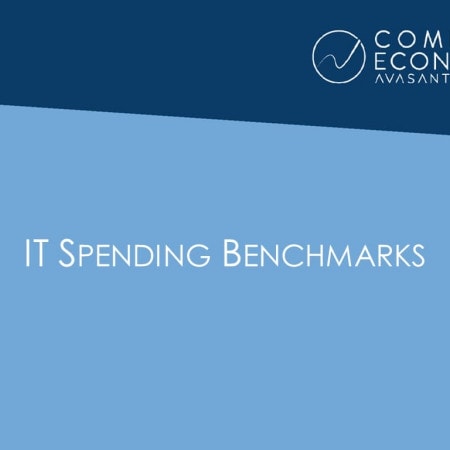
Budget Allocation and Staffing Mixes for Organizations Implementing ERP Software
In a recent study, Computer Economics analyzed the spending trends and staffing patterns within organizations at various stages of ERP software implementation and use. The implementation stages in our study include researching, piloting, implementing, using, and not using ERP capabilities.
April, 2002
-

Budget Breakdowns and Staffing Mixes for Organizations Implementing Ecommerce Initiatives
In a recent study, Computer Economics analyzed the spending trends and staffing patterns within organizations at various stages of ecommerce implementation and use. The implementation stages in our study include researching, piloting, implementing, using, and not using ecommerce capabilities. For each ecommerce implementation stage, we determined the percentage of the IS budget allocated to the following line items: mainframes; midrange systems; LAN servers/superservers; data network infrastructure; workstations, desktop PCs, portables, and laptops; operating system and utility software; application software; outside services; personnel; facilities and overhead; consumable supplies; and training.
April, 2002
-
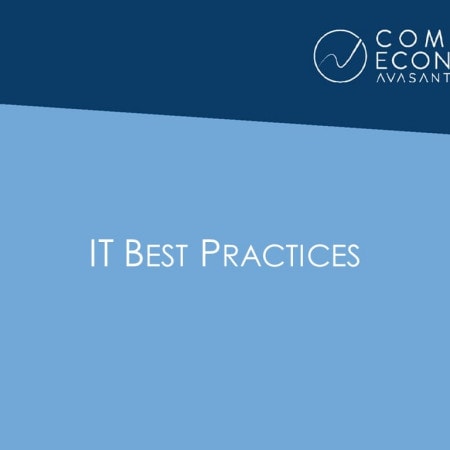
G10 Trends in Retail Payment Methods
The Web may be worldwide but the differences in payment methods for non-cash transactions in the G10 countries vary considerably. This short report shows for the G10 countries in 1999, the percentage of payments by debit card, credit card, direct debit, credit transfer, and paper check.
April, 2002
-
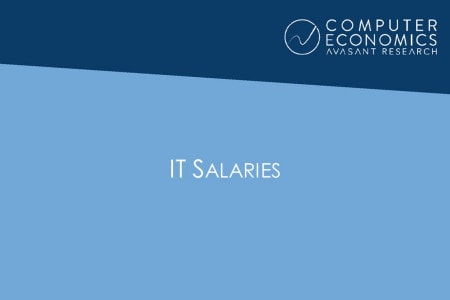
Healthcare Ranked as Top Employee Benefit
Employees want more control and choice in healthcare, are interested in new consumer choice models, and rank healthcare as the most important benefit, according to a new consumer study.
April, 2002
-
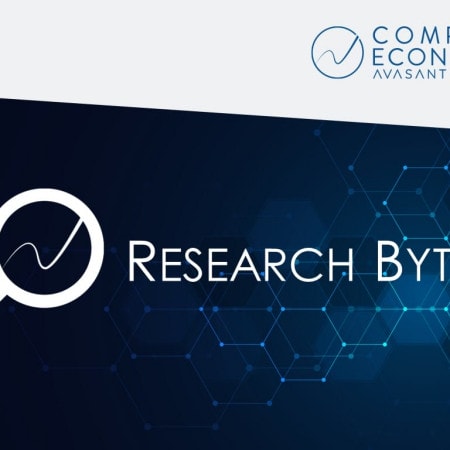
Privacy Plans Moving Ahead
Privacy plans have been developed in 51.1 percent of the organizations that participated in the 13th annual Information Systems and E-Business Spending study conducted by Computer Economics. "This is a considerable increase from 2001 when only 33.3 percent of the respondents had developed their privacy plans," said Michael Erbschloe, Vice President of Research at Computer Economics. Mr. Erbschloe is also the co-author of Net Privacy: A guide to developing & implementing an ironclad ebusiness privacy plan and author of The Executive's Guide to Privacy Management.
April, 2002
-

Forces of Change 2002: 10 Dynamics That Will Impact the Internet Over the Next Five Years
Politics, social conditions, consumer demand, law, culture, language, and technology are interacting in the creation of Internet applications. Developers and service providers face challenges to meet ever changing demands but also have opportunities to enter new markets.
April, 2002
-

Projected Worldwide Software Company Revenue Losses From Piracy
A major impact of the growth in Internet usage is a corresponding increase in software piracy. We project that by 2005 there will be over $55 billion in annual revenue losses due to software piracy. The Asia Pacific region will account for the largest dollar amount in software piracy.
April, 2002
-

Applications Software Staffing Shifts in Distribution Companies
Retail and wholesale distribution companies are changing how they staff software functions according to the 13th annual Information Systems and E-Business Spending study conducted by Computer Economics.
April, 2002
-

Central IS Budgets as a Percent of Revenue Increase in 2002
Most sectors have experienced increases in the percent of revenue spent on their central IS budgets in 2002 according to the 13th annual Information Systems and E-Business Spending study conducted by Computer Economics
April, 2002
-
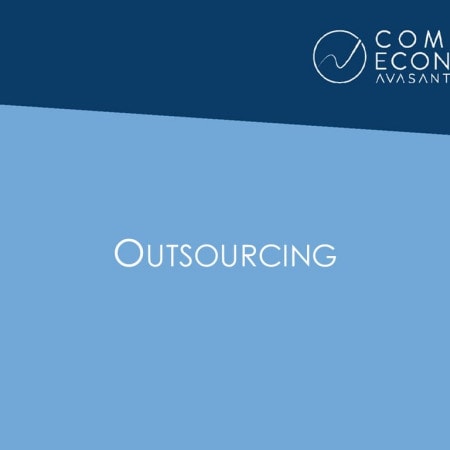
Executive Summary
Application service providers (ASP) offer IT managers a novel means for outsourcing services and facilities. This handbook provides managers with the facts they need to make informed decisions along with an insiderâs viewpoint of the ASP industry. Here we present the Executive Summary.
April, 2002
-

Introduction to ASPs
Application service providers (ASP) offer IT managers a novel means for outsourcing services and facilities. This handbook provides managers with the facts they need to make informed decisions along with an insiderâs viewpoint of the ASP industry. Here we present Chapter 2, an introduction to ASPs.
April, 2002
-

Advantages of Selecting an ASP Solution
Application service providers (ASP) offer IT managers a novel means for outsourcing services and facilities. This handbook provides managers with the facts they need to make informed decisions along with an insiderâs viewpoint of the ASP industry. Here we present Chapter 3, Advantages of Selecting an ASP Solution.
April, 2002
-

ASP Business Models
Application service providers (ASP) offer IT managers a novel means for outsourcing services and facilities. This handbook provides managers with the facts they need to make informed decisions along with an insiderâs viewpoint of the ASP industry. Here we present Chapter 4, ASP Business Models.
April, 2002
-

How to Make the Transition to an ASP
Application service providers (ASP) offer IT managers a novel means for outsourcing services and facilities. This handbook provides managers with the facts they need to make informed decisions along with an insiderâs viewpoint of the ASP industry. Here we present Chapter 5, How to Make the Transition to an ASP.
April, 2002

 Grid View
Grid View List View
List View